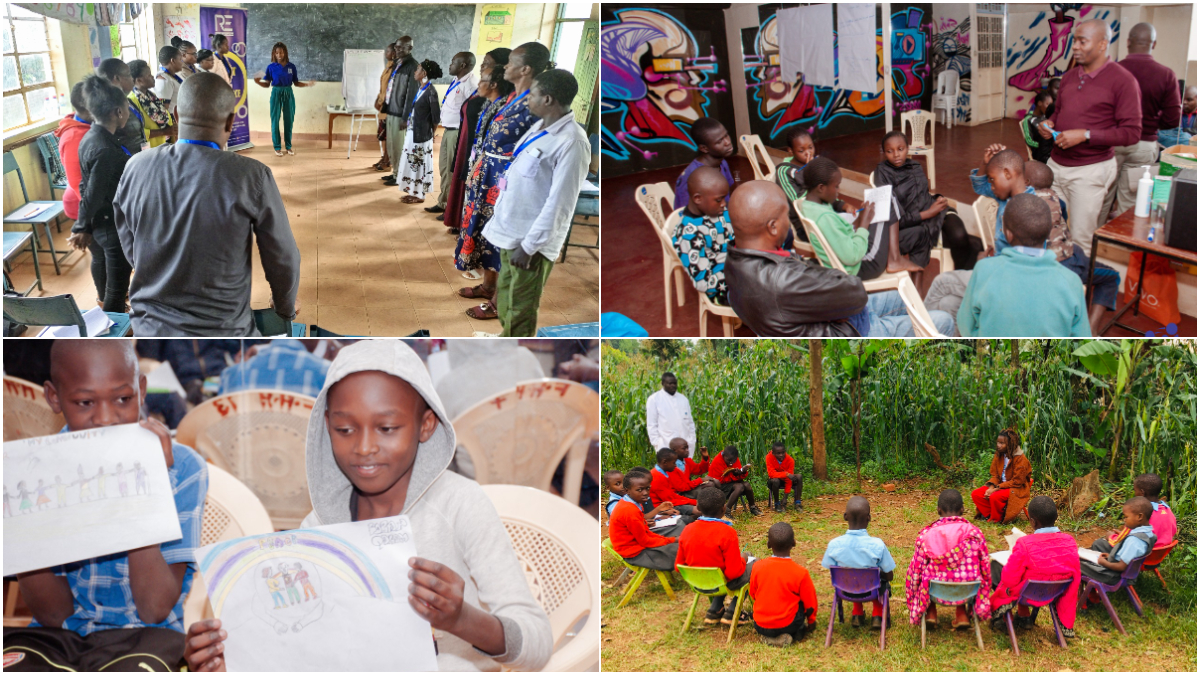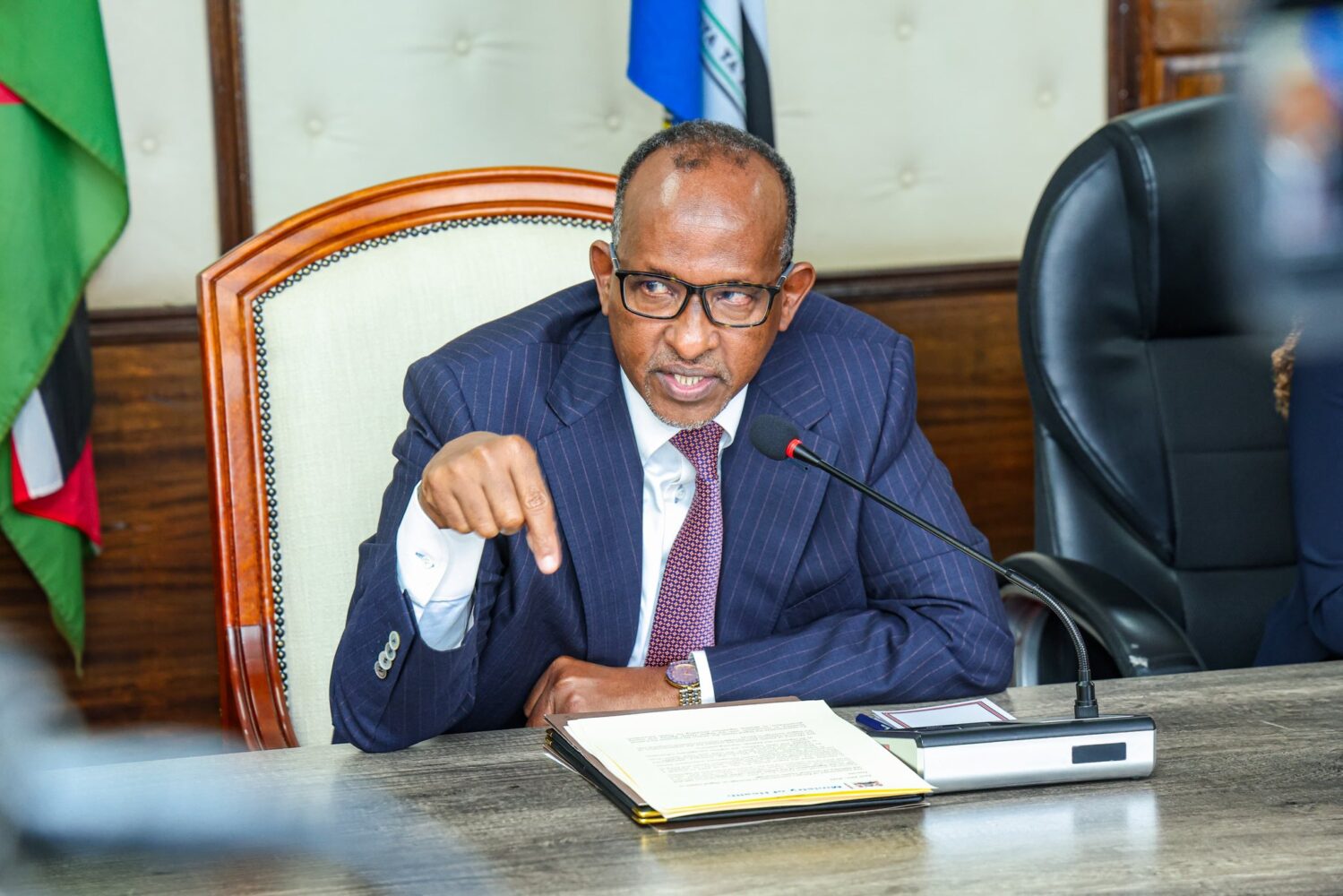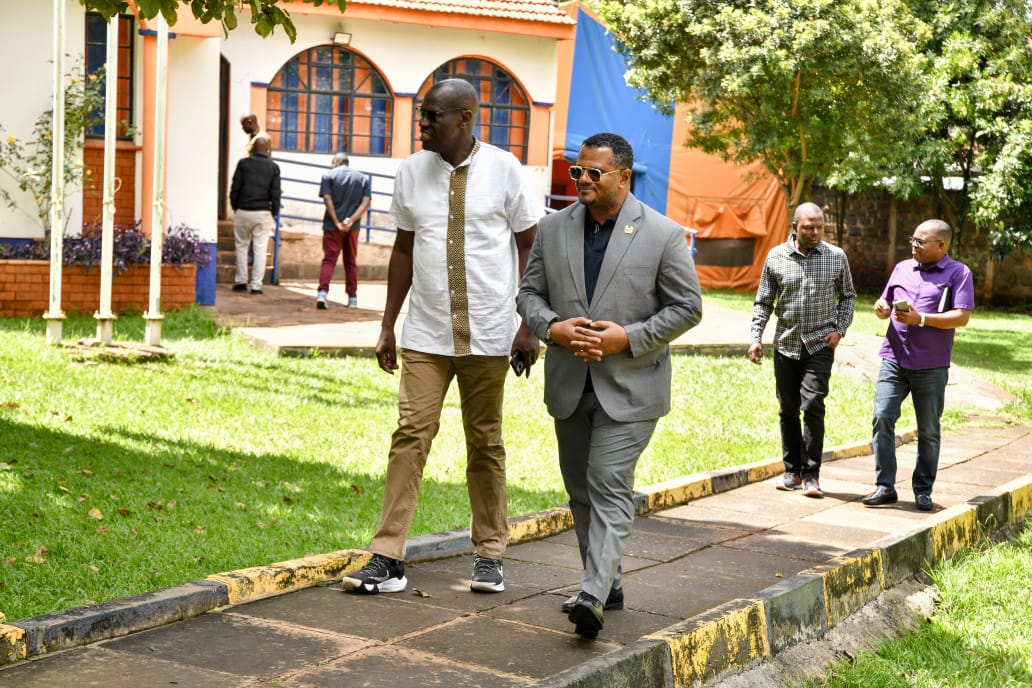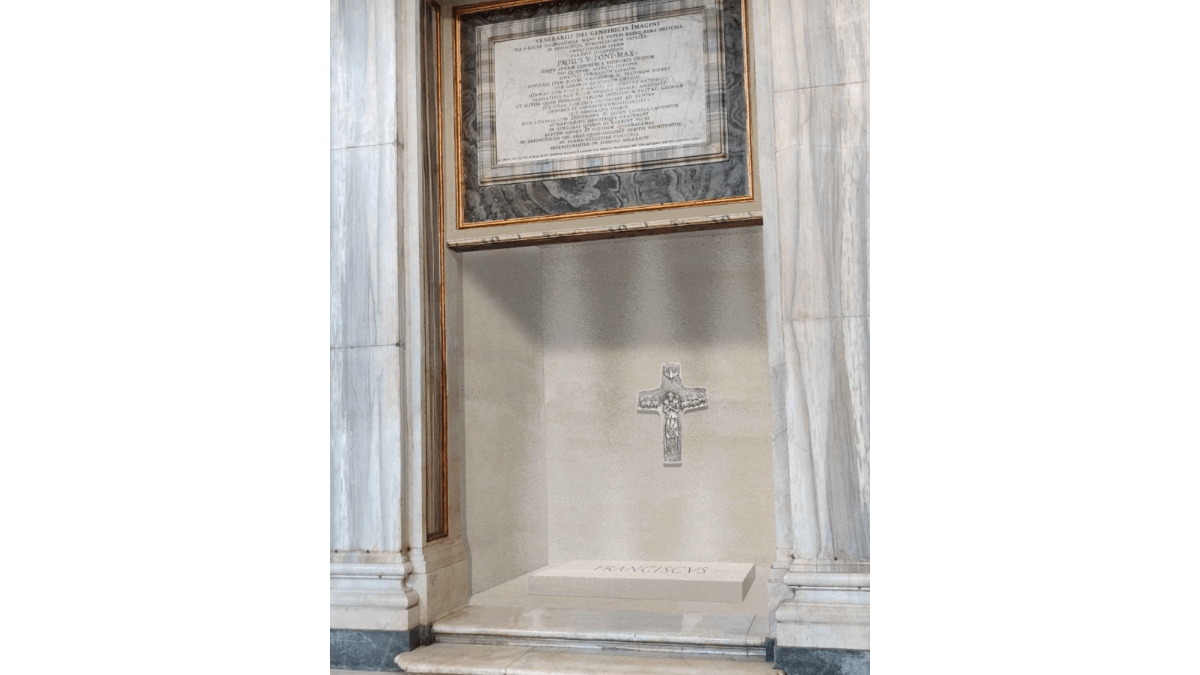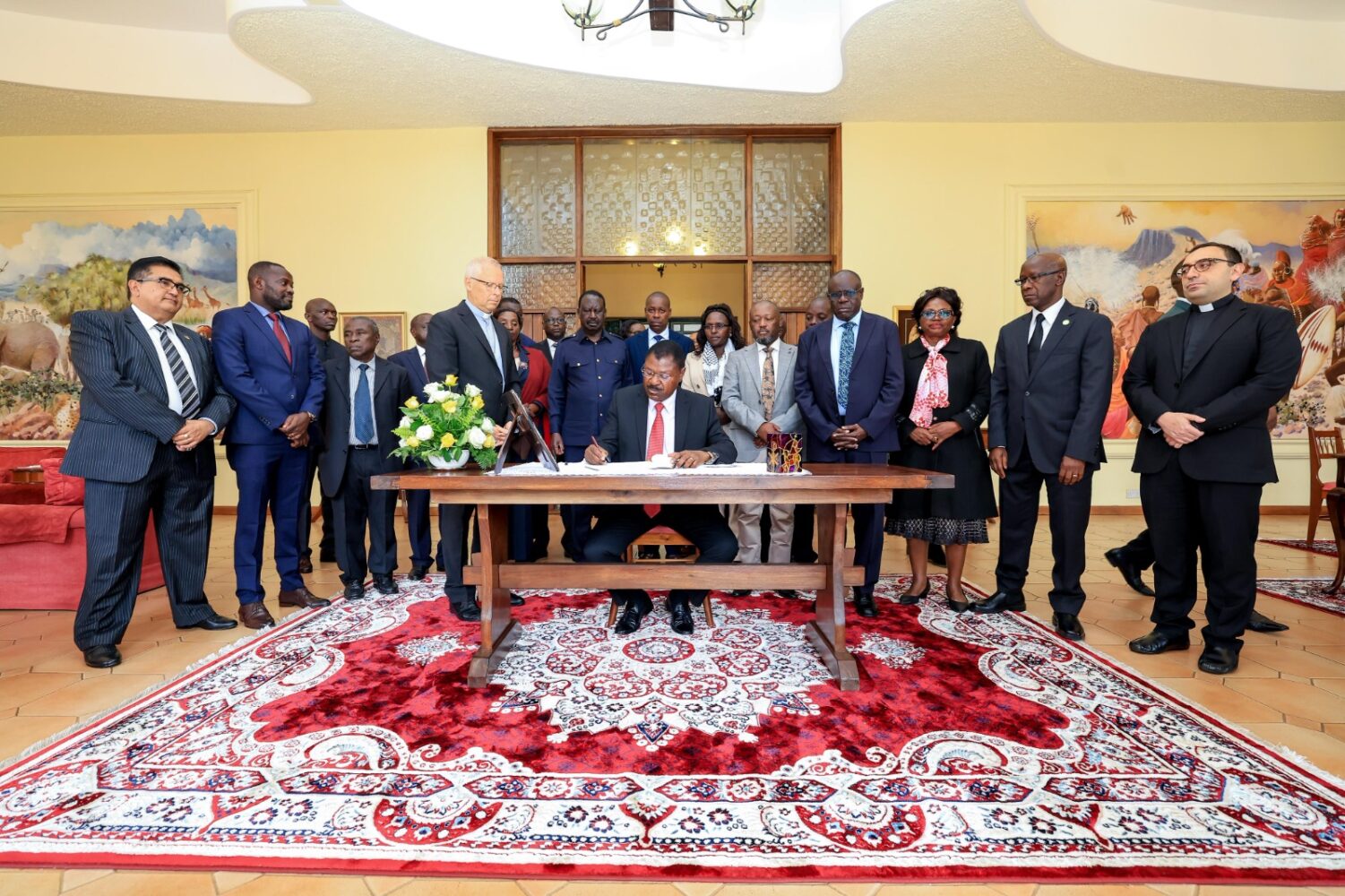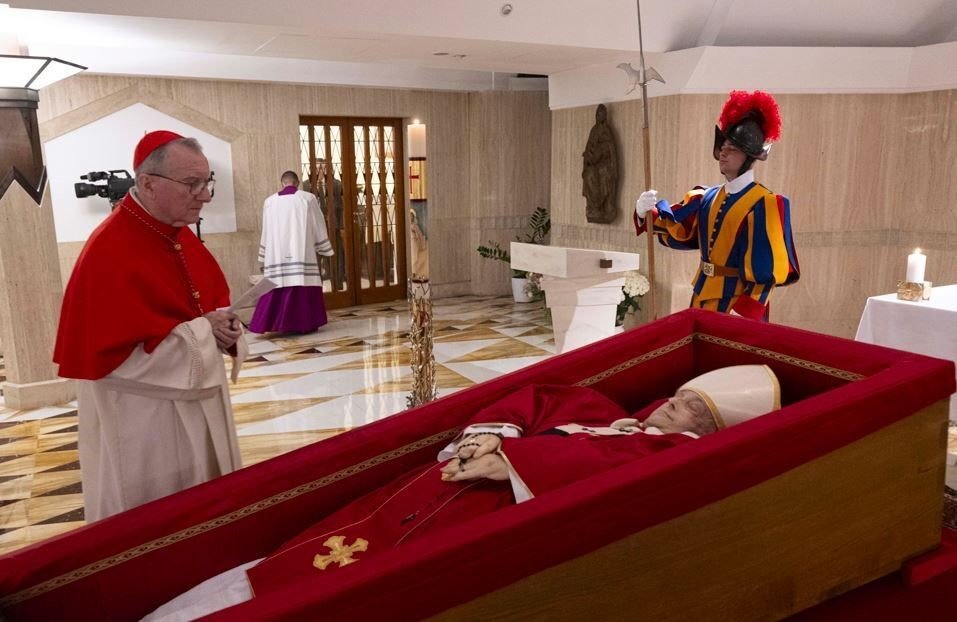Peace – a five lettered word often overlooked in our day to day activities, yet what it stands for and its idea is so vital for the advancement and well-being of all societies across the globe. Without it, all other aspects of our lives remain in shambles.
And if peace is so important, then each and every society must prioritise the concept of peacebuilding. Every society must strive to address underlying causes of conflict, help people to resolve their differences peacefully and lay the foundations to prevent future violence.
As Johan Galtung, the father of peace studies, put it, we MUST establish a peacebuilding system to stimulate long-lasting peace by finding a solution to sources of violent conflicts and enhancing local capacities for conflict resolution and peace management.
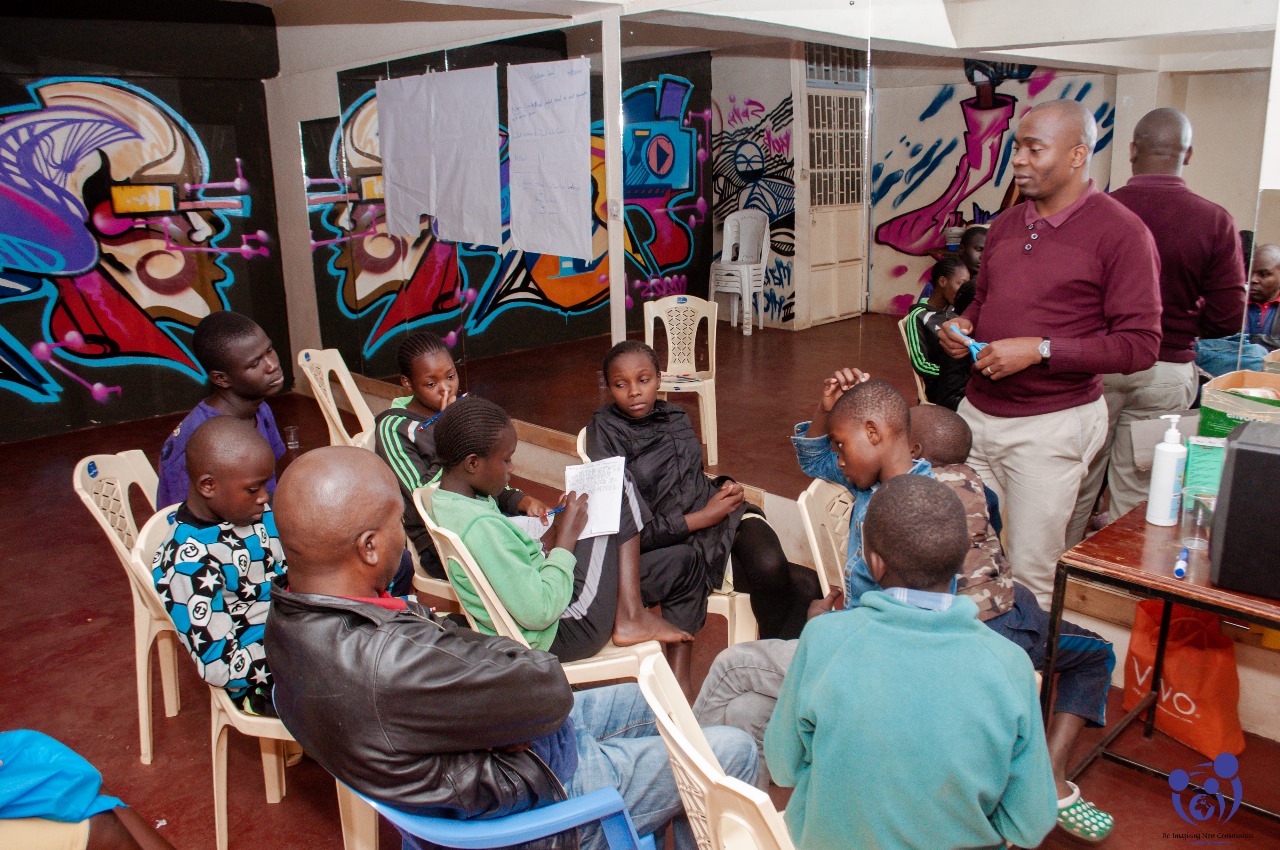
Re-Imagining New Communities
Re-Imagining New Communities, a peacebuilding and communication organisation based in Kenya, is changing the whole approach. It is focusing on the source – children.
The organisation, headquartered in Nairobi, believes that institutionalising peacebuilding mechanism and dialogue in children at a young age is a sure way of not only cultivating, but also nurturing harmony among racial, ethnic and other interest groups.
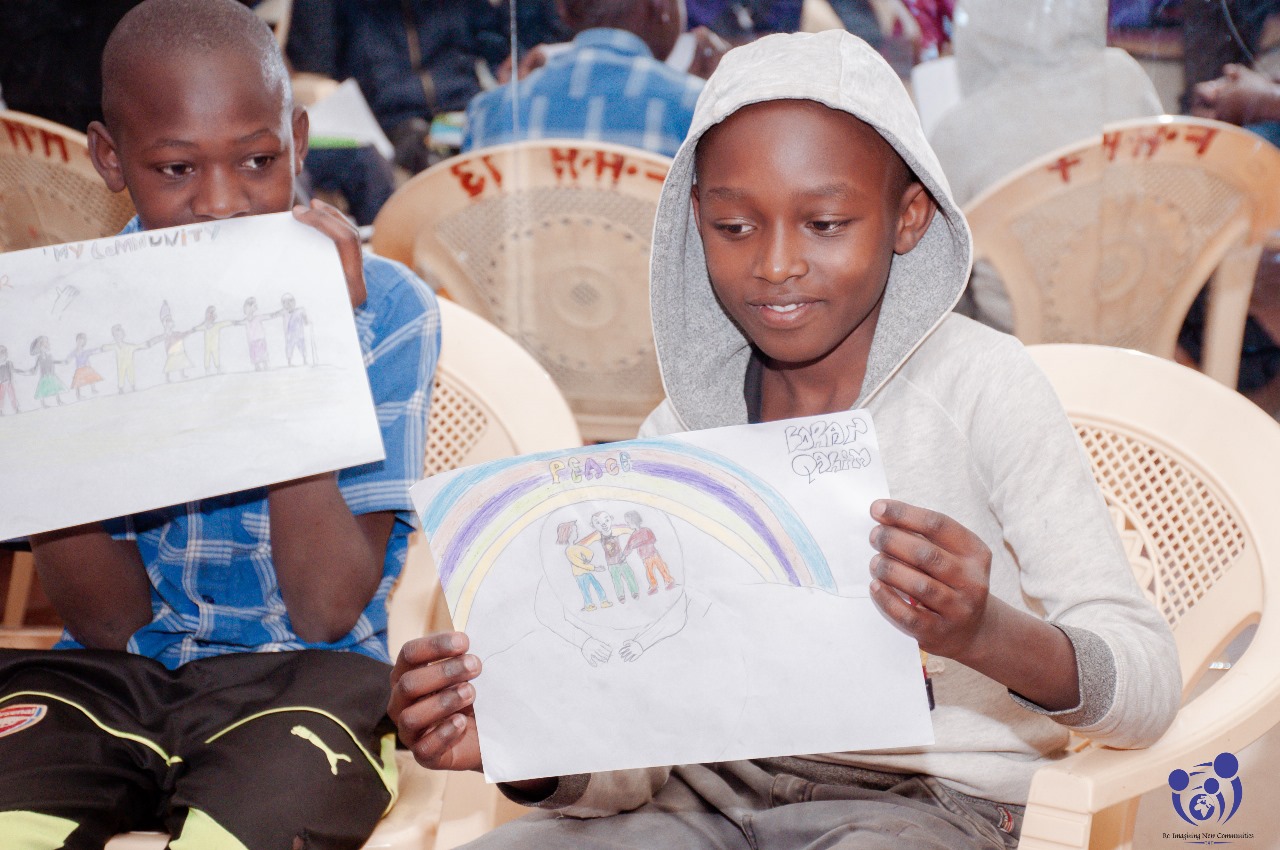
Since the start of its work in 2021, the organization has made a significant impact on the communities it has worked with through targeted interventions in peacebuilding, conflict transformation, and community engagement.
Children centred approach
And by focusing on children, Re-imagining New Communities serves four main groups of people and institutions – children, teachers, primary schools, and churches. These individuals and institutions share a common thread – they have experienced or witnessed violence within their families or communities.
The children, often the most vulnerable, bear the emotional scars of such trauma, impacting their well-being and hindering their development. Teachers face the challenge of managing classrooms affected by violence, while primary schools struggle to create safe and nurturing environments. Churches, deeply embedded in community life, grapple with the task of fostering harmony amid prevalent violence.
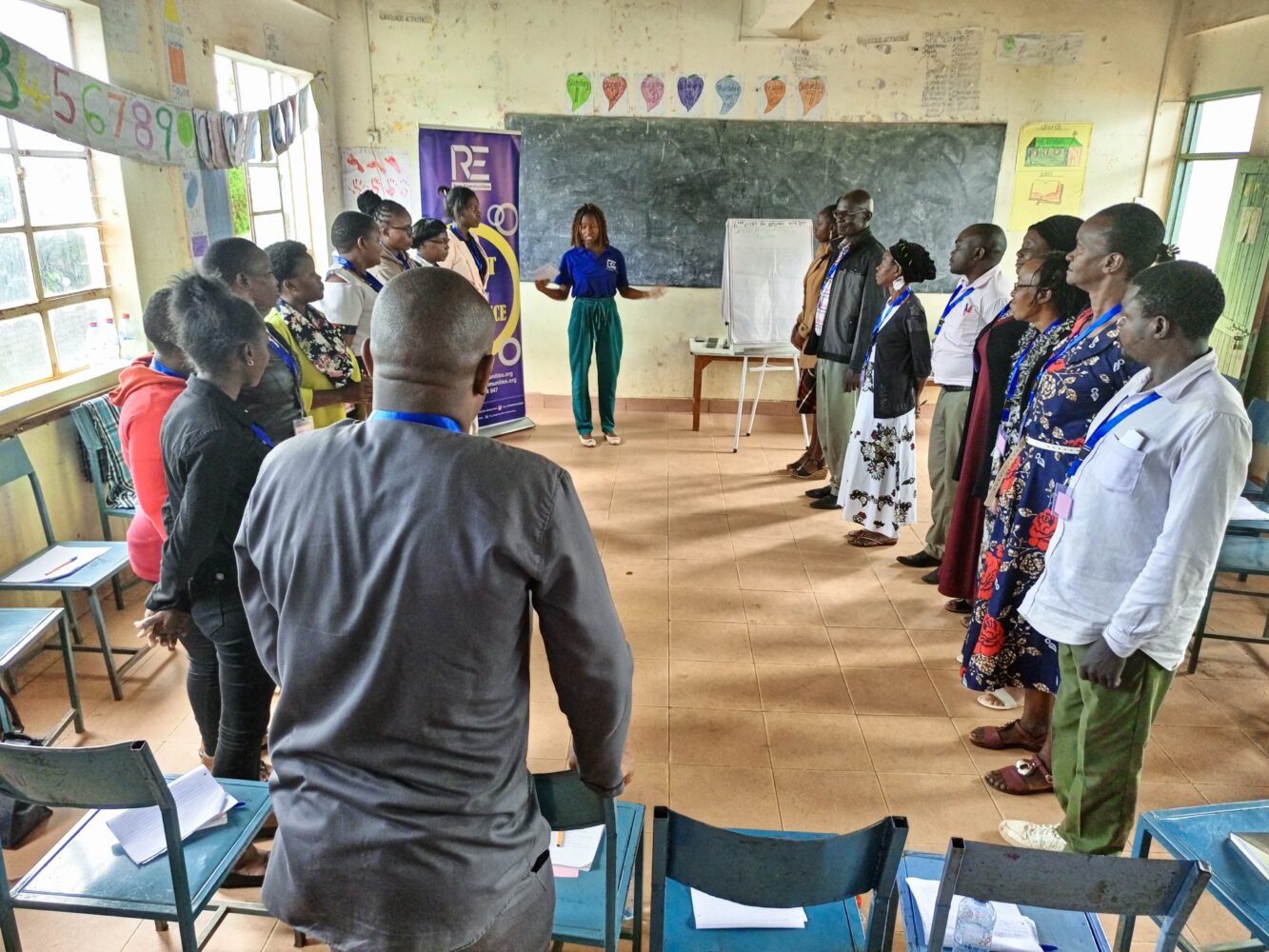
Like any other noble ideas, Re-Imagining New Communities had humble beginnings, with Executive Director Sahlim Charles saying it kickstarted the programme with 16 kids in Korogocho, Mathare, Dandora and other informal settlements in Nairobi.
“During the first eight (8) months, we would train the kids every Saturday on the aspects of peacebuilding from our centre in Kariobangi. Slowly by slowly and by evolving, we saw it fit to train teachers during school holidays, and then the teachers would in turn train kids when schools re-open,” explained Sahlim. “We work with schools directly, every holiday we bring six schools to train them.”
From those humble beginnings, today, Re-Imagining New Communities has implemented peacebuilding strategies and set up peace labs in 24 primary schools in Nairobi, Kakamega, Vihiga, Kajiado, and Uasin Gichu counties, leading to safer and more nurturing environments.
“Today, we have impacted directly 2,500 children, more than 100 teachers, and 24 schools from five counties,” Sahlim adds.
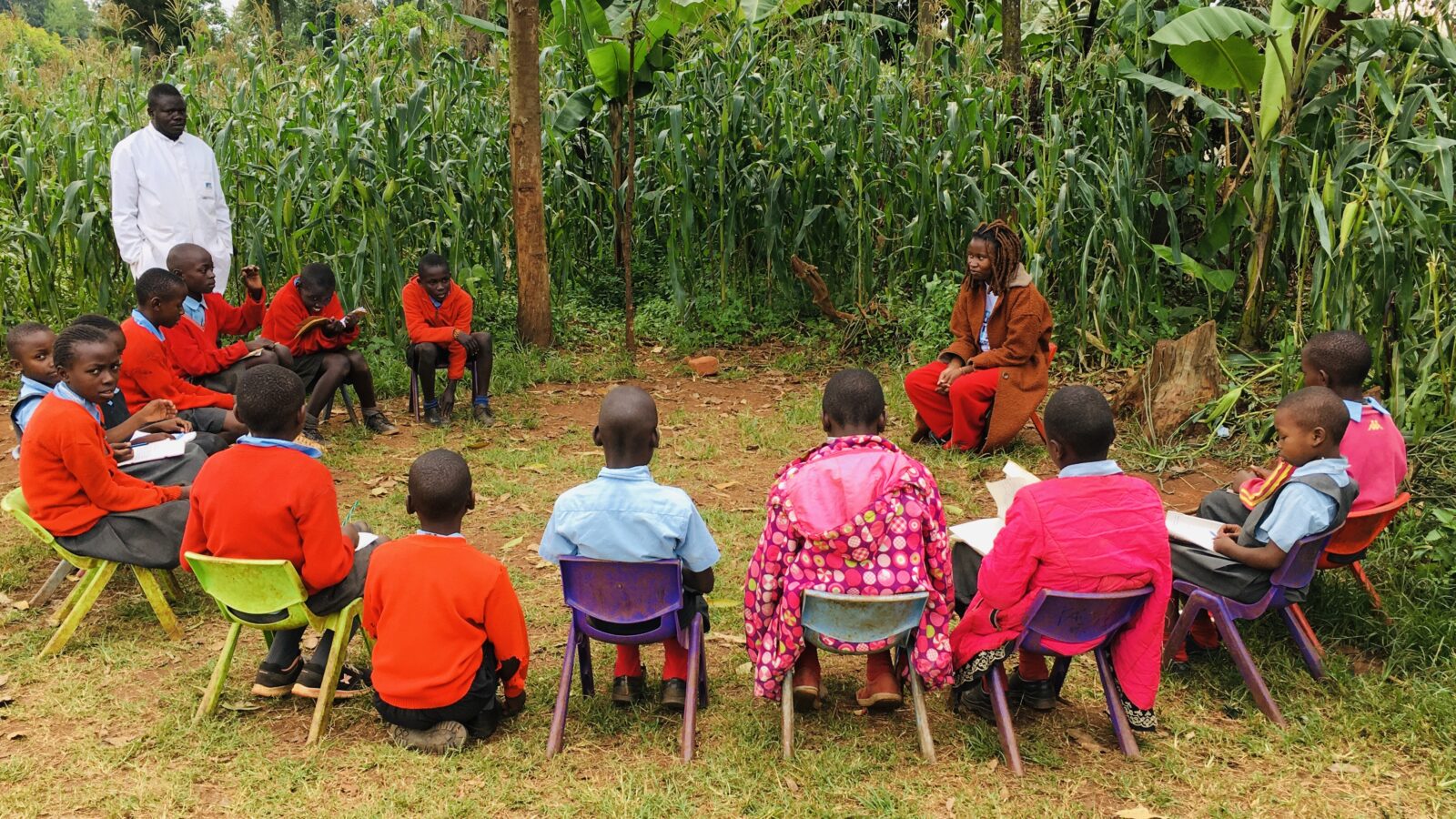
Children-Led Community Peace Labs ( CLCP-Labs)
Re-Imagining New Communities believe that if children from marginalized communities in Kenya are provided with comprehensive support through education, psychosocial support, and safe spaces for creativity, then the country will witness reduced violence against children, leading to sustainable peace and fostering a safer and more equitable environment for children.
Therefore, CLCP-Labs inspire and support children to become active peacebuilders through creative expression, community asset mapping, and an introduction to democracy. By engaging in these practices, children build empathy, leadership skills, and a deep commitment to strengthening social harmony and inclusion.
Faith For Peace (FFP)
The organisation posits that the ways in which religious, ethnic, gender, generational and cultural differences are addressed in communities in Kenya often leads to division, distrust and under development.
Though the church, the organisation says, has a mandate to transform these attitudes and behaviours within communities, it faces significant internal barriers to fostering peace including: the absence of clear structures and procedures; lack of necessary skills in conflict transformation and mediation; exclusive decision making and leadership styles; and unresolved traumas.
Therefore, FFP supports churches to develop skills and behaviors in areas of conflict transformation, mediation, inclusive leadership and the development of healthy internal structures and procedures.
As churches sustain these changes internally, they influence change at the community level by building trust, bridging divisions (including religious divisions) and supporting community development ultimately contributing to a more just, equitable and peaceful society.


